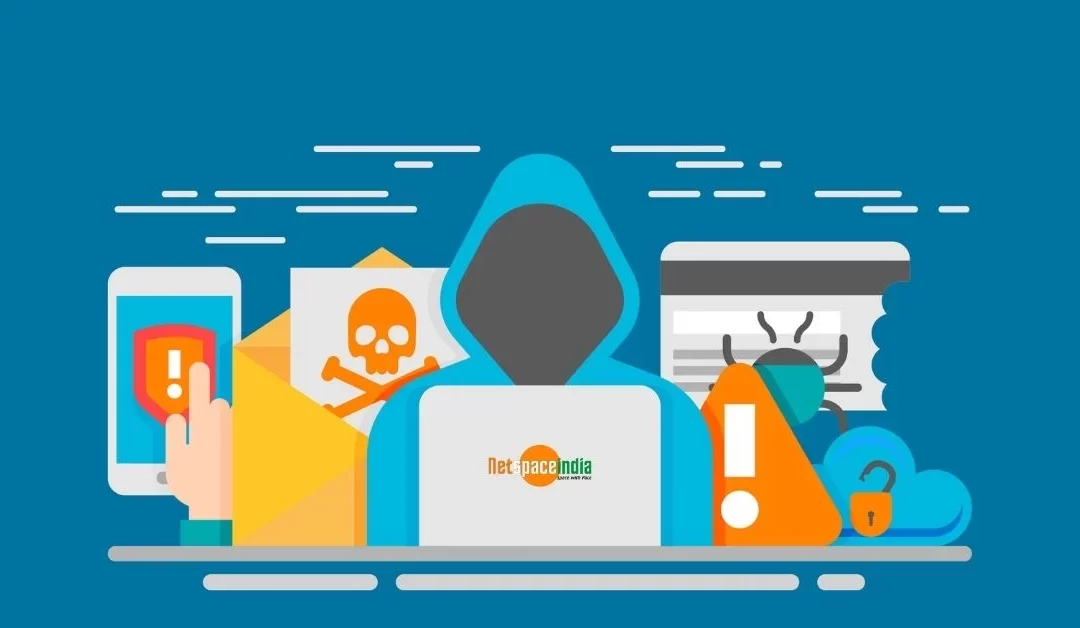In today’s digital age, where technology plays a crucial role in our daily lives, protecting your online privacy has become more important than ever. From social media platforms to online shopping and banking, we share a vast amount of personal information on the Internet. However, this comes with inherent risks, as cyber threats and data breaches continue to rise. To ensure your safety and maintain control over your data, follow these easy steps to protect your online privacy.
Table of Contents
Use Strong and Unique Passwords
One of the simplest yet most effective ways to safeguard your online accounts is by using strong and unique passwords. Avoid common passwords like “123456” or “password” and instead create complex combinations of letters, numbers, and symbols. Additionally, use a different password for each online account to prevent a domino effect if one account gets compromised.
Enable Two-Factor Authentication (2FA)
Enable two-factor authentication wherever possible. 2FA adds an extra layer of security by requiring a second form of verification, such as a one-time code sent to your phone or email, in addition to your password. This ensures that even if someone gains access to your password, they won’t be able to log in without the secondary code.
Keep Your Software Updated
Regularly update your operating system, web browsers, and applications. Software updates often include security patches that fix vulnerabilities and protect you from potential threats.
Be Cautious with Email and Links
Phishing emails and malicious links are common tools used by cybercriminals to trick individuals into revealing sensitive information. Be cautious when clicking on links in emails, especially from unknown senders. Verify the legitimacy of the source before providing any personal information.
Manage App Permissions
Many apps request access to various features on your device, such as contacts, location, or camera. Review and limit app permissions to ensure they only access the information they genuinely require to function properly.
Use a Virtual Private Network (VPN)
A VPN encrypts your internet connection, making it more difficult for hackers to intercept your data. When connected to a VPN, your online activity remains private, even on public Wi-Fi networks.
Review Privacy Settings on Social Media
Check and adjust the privacy settings on your social media accounts regularly. Limit the visibility of your posts and personal information to friends and family, and avoid sharing sensitive data publicly.
Avoid Public Wi-Fi for Sensitive Activities
Public Wi-Fi networks can be insecure and prone to data interception. Avoid accessing sensitive accounts (like online banking) or sharing personal information while connected to public Wi-Fi.
Clear Your Digital Footprint
Regularly clear your browser history, cookies, and cache. This helps reduce the amount of personal data stored by websites and minimizes the risk of unauthorized access.
Be Mindful of What You Share
Think twice before sharing personal information online, even on seemingly secure platforms. Once data is out there, you lose control over how it’s used and who can access it.
Limit the access tech giants have to your data
When you are essentially allowing Google and Facebook to acquire your personal information, you have no right to complain about it. You should alter it if you can. You may limit Google’s ability to monitor your activity and location history in your Google settings. Facebook data collecting and even Microsoft data collection may both be modified similarly. It’s time for you to initiate contact.
Look for a different kind of search
An internet search engine is nothing more than a collection of computer programs. Even while Google is the name that everyone associates with search, other players respect your privacy less. You have a strong layer of protection while browsing the internet while using the Opera browser, which is included with Avira Free Protection Suite. By using a different browser, you may avoid becoming trapped in a bubble where your results are modified based on your prior searches and interests and you also offer Google less specific information about you. DuckDuckGo is a well-known alternative search engine.
To boost browser privacy, use plugins
At the source, block trackers and other possibly dangerous advertising. Get a browser extension that can block advertisements and trackers as well. Avira Browser Security and Privacy Badger from the Electronic Frontier Foundation are two plugins to take into account. Both contain counters that show you how closely you are monitored online and will aid in shielding you from malicious ad campaigns.
Employ a password manager to play defense against data intrusions
You just can’t stop someone from using insecure cloud storage accounts to store your account information and passwords, which they then sell on the dark web. All you can do is play it safe by checking haveibeenpwned.com to see if any of your accounts have been added to a list of compromised accounts on the dark web and then clear up the mess by changing passwords as soon as you can. Password managers can be helpful in this situation since they let you create new, far more secure passwords than the ones you used to create the stolen data.
By implementing these easy steps, you can significantly enhance your online privacy and protect yourself from potential threats in the digital world. Stay vigilant, stay informed, and remember that your data’s safety lies in your hands.



